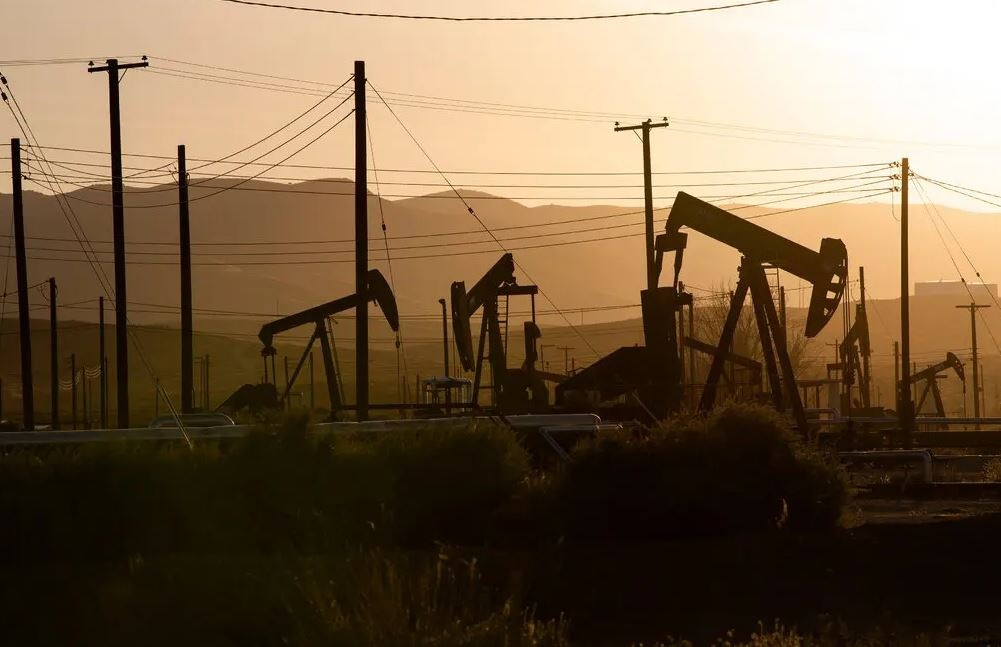Oil shipments are being reduced by Saudi Arabia. The amount of crude oil stored in the United States is decreasing. The amount of petroleum that European Union member states purchase from Russia may shortly undergo a significant cutback.
Normally, occurrences such as this would cause a dramatic increase in the price of oil. Yet oil prices have been dropping. The price of a barrel of West Texas Intermediate, which is considered to be the industry standard in the United States, decreased to about $80 on Friday after reaching more than $90 at the beginning of the month.
Although it would seem that the worldwide supply of oil is decreasing, many oil dealers believe that demand is going to decrease at an even quicker rate. This is due to the fact that economic development is either slowing down or becoming negative in many nations, and during recessions, consumption of oil and other goods derived from petroleum often drops significantly.
The recent decline in the price of oil has contributed to the fall in the price of gasoline in the United States. This is good news for the many people who will be travelling for the Thanksgiving holiday in the coming week. According to AAA, the national average price for a gallon of gasoline was $3.71 on Friday. This is a decrease from the price of $3.87 a month earlier.
The price of gasoline is just a few cents more than it was in February, before Russia invaded Ukraine, when it was at its lowest point. Gasoline is now retailing for close to $3 per gallon in Texas and a few other Southern states, which is around the same price as it was approximately one year ago.
The immediate reason of the reduction in oil and gas prices, according to analysts, is a growing worry that China would not considerably alter its Covid lockdown rules since infections are increasing again. This uneasiness has caused investors to sell oil and gas at lower prices. Because of this, it is expected that the Chinese economy and its need for oil will remain relatively stable. In point of fact, statistics collected from ships indicate that the number of oil tankers transporting supplies to the nation has been decreasing over the last several days.
Because it has the world’s largest economy that is expanding at the quickest rate and because it imports the majority of the oil that it consumes, China has had a disproportionately big influence on the price of oil during the last two decades.
It takes some time for decreases in the price of oil to be reflected in the price of fuels that are derived from oil, so several experts said they anticipated gasoline prices to continue declining for the foreseeable future.
“Gas prices in all 50 states are now lower than they were a week ago, and experts predict that this downward trend will continue for quite some time,” said the AAA. On Friday, Patrick De Haan, the head of petroleum research at GasBuddy, a business that keeps track of gasoline prices, mentioned something related to the social networking platform Twitter.
After a surge in oil prices of more than 50 percent to over $120 per barrel, the price of gasoline surpassed $5 per gallon throughout a large portion of the United States earlier this year. The concerns that the Russian invasion of Ukraine might destabilise global markets have been somewhat allayed, but an escalation in the conflict may very easily cause prices to rise once more.
After the peak of the summer driving season is passed, it is typical for oil prices to see a decline throughout the months of September, October, and November. It is common for the demand for fuels to increase throughout the month of December, and it is possible that this year will be no different.
According to projections made by the United States Department of Energy, the current average retail price of a gallon of gasoline, which is $4.02, will drop to $3.61 in the year 2023. That is approximately 60 cents more than it was in 2021, when costs were down due in large part to the pandemic, but it is still less than it was in 2022. The department forecasts that the global benchmark price of Brent oil would drop to $95.33 in 2023 from the predicted level of $102.13 in 2022, however this is still around $25 more than the amount seen in 2021.
The International Energy Agency projects that the global oil market, which currently accounts for approximately 100 million barrels a day, will experience a decline of 240,000 barrels a day in the final three months of 2022 when compared with the same period a year earlier as a direct result of the slowdown that is occurring globally.
A possibly more substantial shift will take place one day after the OPEC Plus meeting, when European nations will drastically limit seaborne oil imports from Russia. In the usual course of events, Russia contributes one out of every ten barrels that is consumed globally each day.
The next day, on February 5, members of the European Union are scheduled to cease buying diesel and other petroleum products from Russia. Because diesel is in such limited supply around the globe, including in Europe, the United States, and many other nations, this might have even more far-reaching implications.
No one can say for certain what the outcomes of the recently implemented limitations in Europe regarding Russian energy will be. In the next six months, many industry professionals anticipate that Russian gasoline exports will decrease by around one million barrels per day.
In addition, the United States and Europe are considering putting a ceiling on the cost of Russian oil by having it regulated by Western shipping and insurance firms. Experts in the field of energy believe that it will be difficult to implement the limits and that it may only have a limited effect.
